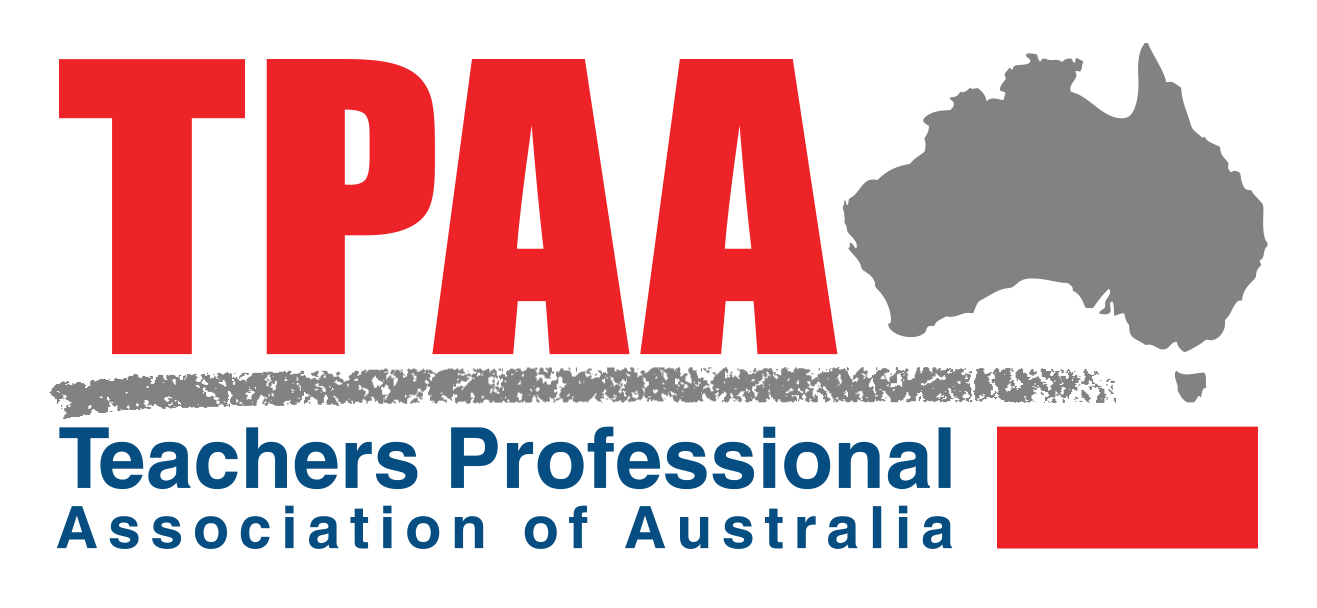
A union created to stand for teachers should focus on teachers, not politics. It should respect the diversity of views that exist for all of its members.
We support teachers. As an organisation created to advance the interests of teachers, The Teacher’s Professional Association of Australia (TPAA) doesn’t have a political stance or agenda beyond teacher-related issues.
One thing we know for certain is that teachers play a crucial role in shaping future generations. A teachers' union must, therefore, focus on their core mandate, which is to advocate for professionals in the education sector and protect individual members. However, it seems that the alternative teacher’s unions in Australia, the QTU, AEU and IEU, have all lost their way and are zealously promoting extraneous political issues that may not necessarily align with members' views.
They’re also using member’s money to do so. Taking resources away from the core functions of what a union should be: fierce advocates for teacher-related issues and defenders of individual members with workplace issues.
Members should tell their union what to do, not the other way around.
This would be bad enough in principle even if the other unions were fulfilling those basic obligations to their members. But, members of those unions have been noting the falling standards, poor services and increasing neglect for years.
These other unions charge double for member dues compared to the TPAA, for a service which is not half as good as the TPAA. Where does the money go?
The General Secretary of the QTU, Kate Ruttiman, in an article riddled with logical fallacies and emotional arguments, has unambiguously stated that the QTU and its immense resources will do whatever it takes to pass the upcoming referendum on a “voice to parliament”.
The core rationale offered by Ruttiman is that because a percentage of members support passing the referendum (this number remains undefined) then the QTU would not be fulfilling its mandate to campaign on behalf of all members if it did not embrace this position.
Ruttiman does not address the percentage of QTU members who do not agree, or who would like a choice about whether their membership fees should support grand, society-changing projects (the QTU seems to think this number is zero).
Now, don't get me wrong; political issues are vital to our society, and everyone has the right to express their opinions on them. However, the QTU’s leadership should not be telling people what to think, how to think or endorsing political views that may not resonate with their members. As a “teacher's union”, the QTU should focus only on issues that directly affect its members, such as salaries, working conditions, professional development, and classroom resources.
In its publications the QTU has stated that a ‘yes’ vote will contribute to ending what it calls “occupational violence”. Intimating that a ‘No’ vote would lead to the persistence or augmentation of “occupational violence”. No data, evidence or logic is provided to support these statements. In fact, the QTU seems to be saying “if you don’t vote the way we want you to, there will be violence”.
At the TPAA, we respectfully disagree. The best, nay, the only way to ensure a good result and minimise nastiness on either side is to encourage healthy, rational debate.
The leadership of the QTU/AEU/IEU should promote the concepts of healthy debate and critical thinking. Being champions of partisanship is not a good look. It’s also a slap in the face for members who think critically for themselves. Teachers are, after all, the ones who teach students how to think critically and analyse information. Therefore, it's only logical that the QTU/AEU/IEU leadership should practise what they preach and encourage their members to do the same. This would not only strengthen their credibility as an organisation but also benefit the members and the society at large.
If you’re looking for a truly impartial organisation that respects your views, you can choose one of the State Branches of the TPAA: TPAQ, TPAN, TPAV, TPAWA.
The QTU/AEU/IEU should remember that teachers come from diverse backgrounds and hold different political views. Forcing a particular political agenda on their members will only lead to division and strife. The TPAA always remains impartial, a-political and focuses solely on its core mandate of advocating for teachers and their issues.
We’re happy to give the QTU, AEU and IEU some helpful tips, it’s really not that hard once you sort out your priorities.



